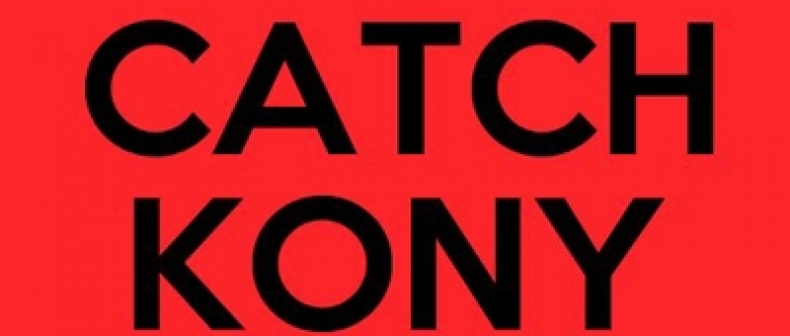
Image: Joejoe.org
It’s amazing how fast disinformation spreads these days.
If you have a Facebook account, you’ve seen it by now: Make Him Famous: Kony 2012. Over the past few days, the 30-minute YouTube video has gone way past the tipping point — eight million page views and counting — to become a social-media tsunami. We linked to it ourselves this morning, and it’s currently the lead item on the Toronto Star homepage.
The video is the work of a U.S. not-for-profit called Invisible Children, and it aims to draw attention to the abominable acts of Joseph Kony, leader of a Ugandan militia group known as the Lord’s Resistance Army. The LRA abducts children — an estimated 66,000 to date — and forces them to fight against the Ugandan government on Kony’s behalf. (A recent Hollywood film, Machine Gun Preacher, featured Gerard Butler heading to Uganda to kick some LRA ass.)
Taking down Kony is certainly a cause worth getting behind, but if the millions of people currently “liking” Kony 2012 spent just five minutes Googling Invisible Children, they might not be so full of liking anymore. The group has been criticized for years — most recently by Foreign Affair and The Independent — for manipulating the truth, directing donations to questionable recipients, using the bulk of the donations to support their own activities, and more. One of the most succinct criticisms of Invisible Children can be found on a blog run by Grant Oyston, a political science student at Acadia University in Wolfville, Nova Scotia. The blog is called Visible Children, and it has been referenced repeatedly by the few media outlets that have bothered to look past the feel-good phenomenon of Kony 2012.
Here’s an excerpt:
Invisible Children has been condemned time and time again. As a registered not-for-profit, its finances are public. Last year, the organization spent $8,676,614. Only 32% went to direct services, with much of the rest going to staff salaries, travel and transport, and film production. This is far from ideal, and Charity Navigator rates their accountability 2/4 stars because they haven’t had their finances externally audited. But it goes way deeper than that.
The group is in favour of direct military intervention, and their money supports the Ugandan government’s army and various other military forces…. Both the Ugandan army and Sudan People’s Liberation Army are riddled with accusations of rape and looting, but Invisible Children defends them…
Personally, I knew nothing about Invisible Children or its founder, Jason Russell, before this morning, but I was compelled to look into it after watching Kony 2012. If I were to review the video as a movie – film reviewing is my usual gig at the Standard – I would call it a very shrewd piece of propaganda: sentimental, manipulative, and terribly self-aggrandizing — the white-saviour syndrome at its most blatant.
Kony 2012 runs for a full five minutes before it even begins to hint it has something to do with Uganda and child soldiers. The early scenes consist of syrupy music playing over heart-warming life-moments from other viral YouTube hits. Then there’s an adoring tribute to Russell’s young, pink-cheeked son, Gavin, who likes “jumping on trampolines, being a ninja, and dancing.” Then comes the pitch: “But Gavin was born into a pretty complicated world, and as a dad, I want him to grow up in a better world than I did…”
Already, you have to ask: is this about Uganda or about Jason Russell? The amount of times he uses the word “I” in the video (“I will do anything I can to stop [Kony]”) is alarming, and the centrepiece of the video is a sequence in which he sits little Gavin down to explain to him his work. “Gavin, what do I do for a living?” he asks. Gavin replies: “You stop the bad guys from being mean.” I don’t doubt Russell has noble intentions and is sincere in his attempts to help, but the video makes it pretty clear that a) he doesn’t have a very sophisticated approach to the problems in Uganda, and b) Invisible Children is mostly dedicated to enshrining Russell and his efforts.
In any case, it’s been proven time and again that the best sort of advocacy work isn’t this saviour-from-without model. The best thing we can do is help people help themselves, and that means supporting charities that operate from within — charities by Africans for Africans, such as Concerned Parents Association or the Concerned Children and Youth Association.
Next time someone links to Kony 2012 on your Facebook wall, attach a link to one of those organizations and suggest that people spend their money there instead.
—
Scott MacDonald is Toronto Standard’s film critic.
For more, follow us on Twitter: @TorontoStandard and subscribe to our Newsletter.














